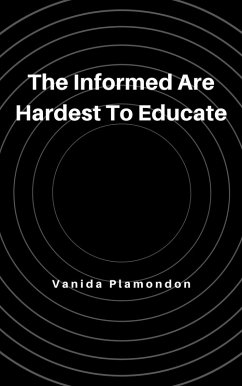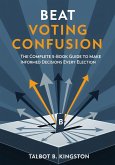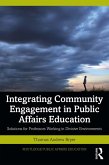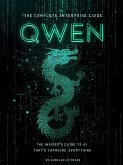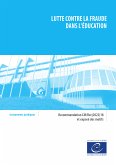This lack of problem decomposition goes beyond a mere intellectual shortcoming, it's a fundamental barrier to meaningful progress. The book highlights how this cognitive gap has contributed to our inability to tackle global crises like climate change, economic instability, and political polarization. By failing to equip individuals with the tools to break down these complex issues, society has allowed itself to remain trapped in cycles of ineffective responses and deepening crises.
Ultimately, The Informed Are Hardest to Educate challenges readers to confront the cognitive barriers that hinder true understanding and to rethink the ways in which we approach problem-solving. Drawing on historical examples and academic research, the book outlines how both individuals and institutions can begin to adopt strategies for simplification, tools that will not only improve decision-making and policy but also provide a roadmap for more effective social advancement. The implications for the future of education, public policy, and global cooperation are far-reaching, and the book calls for a cultural shift in how we view complexity, simplification, and progress in the 21st century.
Dieser Download kann aus rechtlichen Gründen nur mit Rechnungsadresse in A, B, CY, CZ, D, DK, EW, E, FIN, F, GR, H, IRL, I, LT, L, LR, M, NL, PL, P, R, S, SLO, SK ausgeliefert werden.

